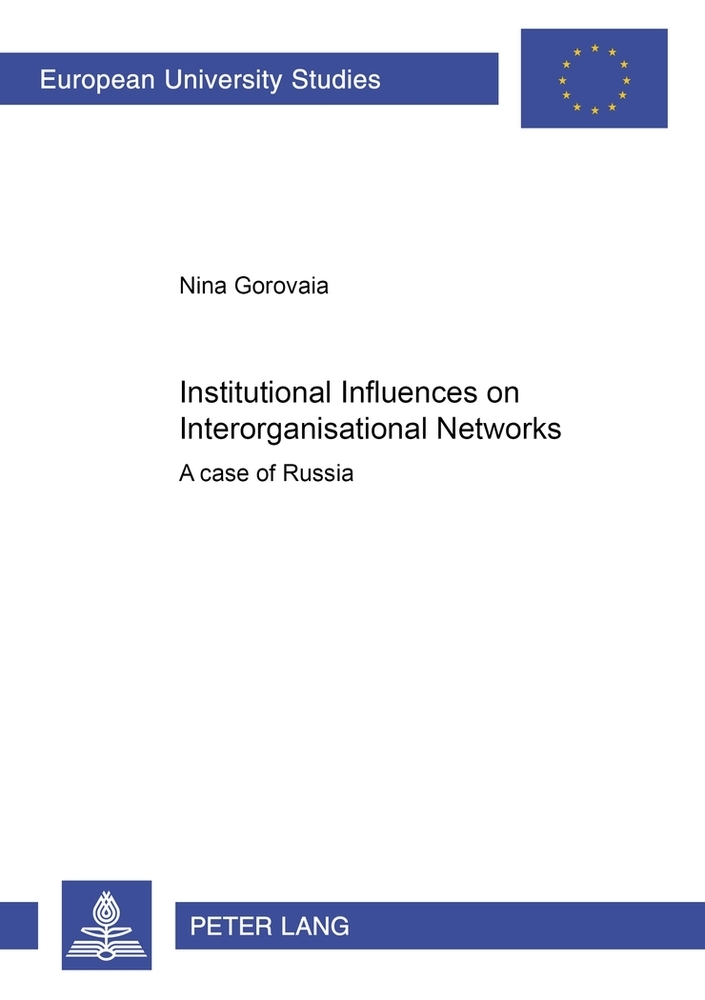
Zustellung: Mo, 26.05. - Mi, 28.05.
Versand in 4 Tagen
VersandkostenfreiBestellen & in Filiale abholen:
Interorganisational networks are ever-present in the modern globalized world. They allow organisations to overcome restrictive hierarchical structures, reach broader geographical regions and penetrate new and existing markets. This work provides a novel view on the performance of networks. It investigates the influence of the institutional environment in shaping the characteristics of strategic networks, thereby influencing their performance. The diverging characteristics of a network emerge as a direct consequence of institutional differences and determine the key drivers of performance: flexibility, ability to exchange information and capacity to innovate. A case-study of a Russian strategic network highlights the interplay between institutions, network characteristics and performance.
Inhaltsverzeichnis
Contents: Interorganisational networks - Strategic networks - Alliances - Keiretsu - Chaebol - Taiwanese family networks - Russian strategic networks - Institutional influences on networks - Institutions of transition economy - Economic rationalism - Social embeddedness - Network performance - Drivers of performance: Flexibility, Information exchange, Learning, Innovation - Performance assessment - Empirical case-study - Network characteristics - Authority structure - Trust - Investment patterns - Ownership patterns - Longevity of co-operation - State relations.
Produktdetails
Erscheinungsdatum
18. Februar 2005
Sprache
englisch
Seitenanzahl
175
Reihe
Europäische Hochschulschriften / European University Studies / Publications Universitaires Européennes
Autor/Autorin
Nina Gorovaia
Verlag/Hersteller
Produktart
kartoniert
Gewicht
260 g
Größe (L/B/H)
11/148/210 mm
ISBN
9783631522493
Entdecken Sie mehr
Bewertungen
0 Bewertungen
Es wurden noch keine Bewertungen abgegeben. Schreiben Sie die erste Bewertung zu "Institutional Influences on Interorganisational Networks" und helfen Sie damit anderen bei der Kaufentscheidung.









